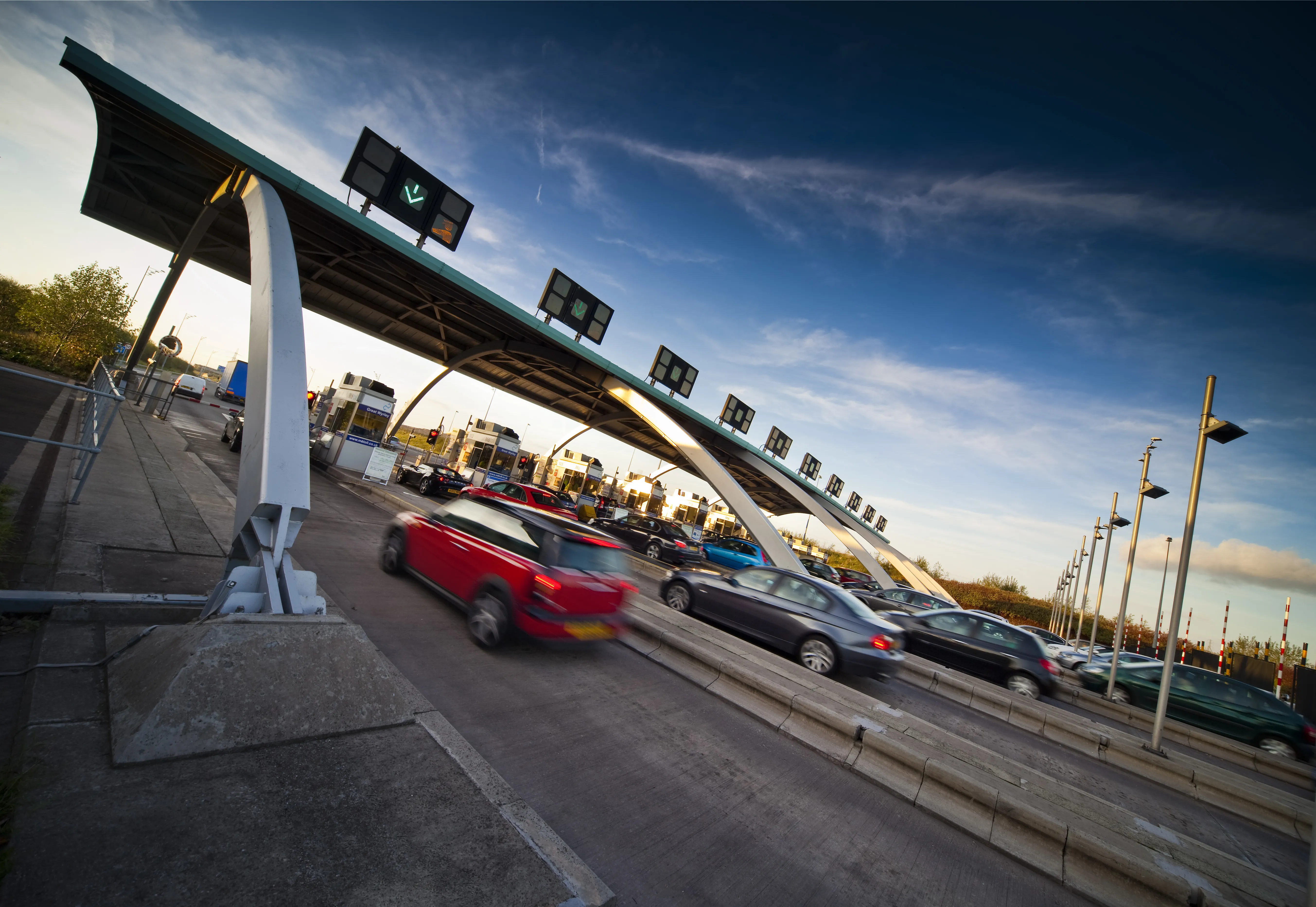
Few disruptions appear on the horizon for global toll road operators, with the US poised to become a better bet for major investment, notes the S&P Global Ratings' 2017
The outlook is generally stable for business conditions and credit quality for toll roads worldwide, according to the latest survey from ratings agency S&P Global.The exception is the US where the overall outlook is “positive”, noted the report S&P Global Ratings' 2017. The 21-page report considers broad economic and industry-specific trends. It looks at economic conditions, demographic trends and geopolitical risks that affect the movement of people and goods.
“We expect stable or improving, but still fragile, national economies will produce traffic growth in many (but not all) regions during 2017.” Toll road operators have benefited from a significant rise in electronic tolling that has reduced toll evasion and generally provided better data on road usage.
However, “technological upheavals in the next decade” will likely challenge toll road operators. “The possible growth of autonomous vehicles, ride-sharing and other forms of transportation could radically change traffic dynamics, especially for commuter roads that provide free access for high-occupancy vehicles.”
The public's growing acceptance of GPS and tracking devices could force “radically different toll-charging mechanisms”. These include distance-based tolls or time-of-day charges “that could expand well beyond the boundaries of traditional toll roads”. Also, the increased reliance on cloud-based support systems may expose users and toll road operators to cybersecurity threats.
The continuing rise in the number of more fuel-efficient vehicles as well as plug-in electric vehicles will reduce government intake of fuel taxes, which in turn will force many agencies to seek innovative funding mechanisms.
“In our view, these technologies will take a long time to become common and will require close coordination between governments and toll road operators. In many cases, they'll also necessitate fundamental changes in concession agreements that were structured on existing toll charge mechanisms.”
For the US market, S&P reports that continued economic expansion, low fuel prices and growth in US vehicle-miles travelled points to higher traffic volumes for toll road operators. Also, president Donald Trump’s focus on infrastructure development with more private sector financial input and responsibility points to be increased opportunities for toll road operators.
Canada
The outlook for Canada is a mixed bag, with lower than expected traffic volumes for some operators but continued growth for the major Toronto-area toll road operator 407 International. The company “enjoyed strong traffic growth of 4.5%” in the first nine months of 2016. “This largely reflected the robust economies surrounding the toll road, lower gas prices, and a positive impact on traffic from the opening of Phase I of Highway 407's extension (east of Brock Road) in Greater Toronto.”
Canada’s provincial governments are shying away from new volume-based toll road projects. “Instead, we expect them to continue procuring new road and bridge projects through availability-style P3s, in which governments retain market risk. Examples include the Highway 407 extension phase 2 and the $3.5 billion George Massey Tunnel Replacement project in British Columbia.”
Europe
Within Europe, terrorism and Brexit negotiations for the UK to leave theThe report says that “this risk would manifest itself through disruption in traffic levels from security threats”. Also, a prolonged period of low inflation might cap toll increases.
However, the private sector appears to have solid concession contracts “that firmly set the remuneration mechanisms, despite attempted political interventions” to roll back agreements. In France, the attempt to freeze tariff increases and cap profits of large toll road operators resulted in compensation payments to the operators.
“We therefore continue to expect significant changes to existing contracts to be difficult, given the compensation mechanisms or financial equilibrium principle within the various contractual structures, attesting to the stability of the European toll road regulatory framework.”
Asia-Pacific
TheLarge transactions and merger and acquisition activity will dominate the Australian market, the report says.
Also, “2017 could see the last major opportunity for investors to enter the Australian market and challenge Transurban's dominance”. That's because the New South Wales government could seek a private partner to construct and operate Sydney’s A$15 billion WestConnex project.
Overall, the Asia-Pacific toll market should remain stable mainly “because many toll road operators in the region are partially or wholly government-owned and our ratings on them benefit from that relationship”. Operators should continue “as relatively resilient and well-positioned to manage risks to credit quality in the medium term”.






